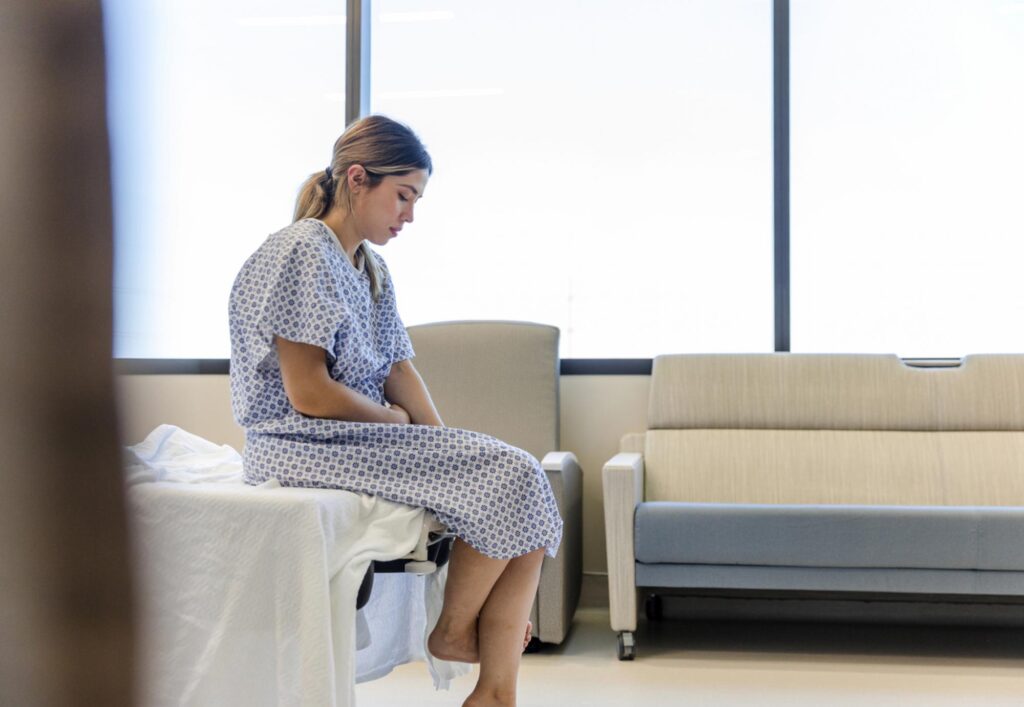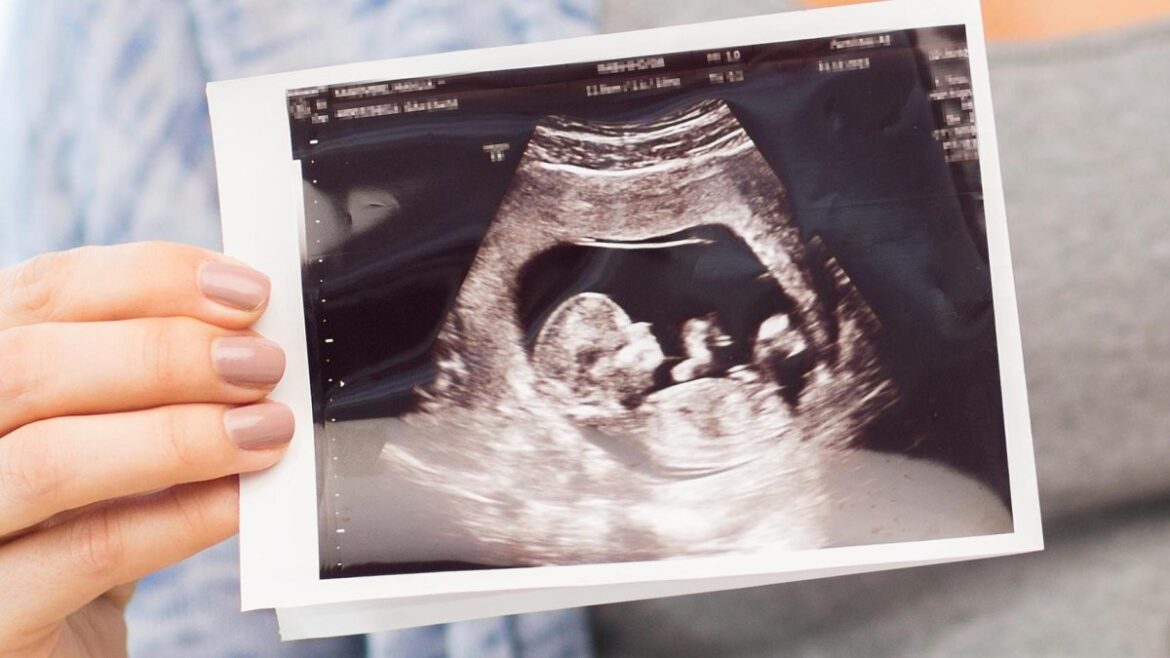A groundbreaking new test developed in the UK could revolutionize prenatal care by identifying women at higher risk of miscarriage early in pregnancy. This medical advancement, reported by The Guardian, offers hope to millions of families affected by pregnancy loss and opens the door to personalized interventions.
How the Test Works
The test analyzes specific biomarkers in maternal blood linked to pregnancy viability. By assessing these markers, doctors can predict with significant accuracy whether a woman has an elevated risk of miscarriage, allowing for closer monitoring and preventive measures. Researchers emphasize that the test is non-invasive and can be performed as early as the first trimester.
Why This Matters
Miscarriage affects 1 in 5 pregnancies, yet the causes often remain unexplained. Currently, many women endure the emotional and physical toll of recurrent losses without clear answers. This test could:
- Provide early warnings for at-risk pregnancies.
- Enable timely medical interventions, such as hormonal support or lifestyle adjustments.
- Reduce psychological distress by offering clarity and proactive care.
Professor Sarah Johnson, a leading reproductive health specialist, hailed the test as a “game-changer”:
“For the first time, we can stratify miscarriage risk early on and tailor care accordingly. This could significantly reduce preventable losses.”
Ethical Considerations
While the test promises hope, experts caution about potential anxiety for expectant parents receiving high-risk results. Robust counseling must accompany testing to ensure informed decision-making.
What’s Next?
The test is undergoing final clinical trials in the UK, with hopes for NHS rollout within two years. Global health organizations are closely watching, as the technology could transform prenatal care worldwide.

Final Thought:
This innovation isn’t just about science—it’s about empowering women with knowledge and saving futures. As research progresses, the dream of safer pregnancies for all moves closer to reality.


